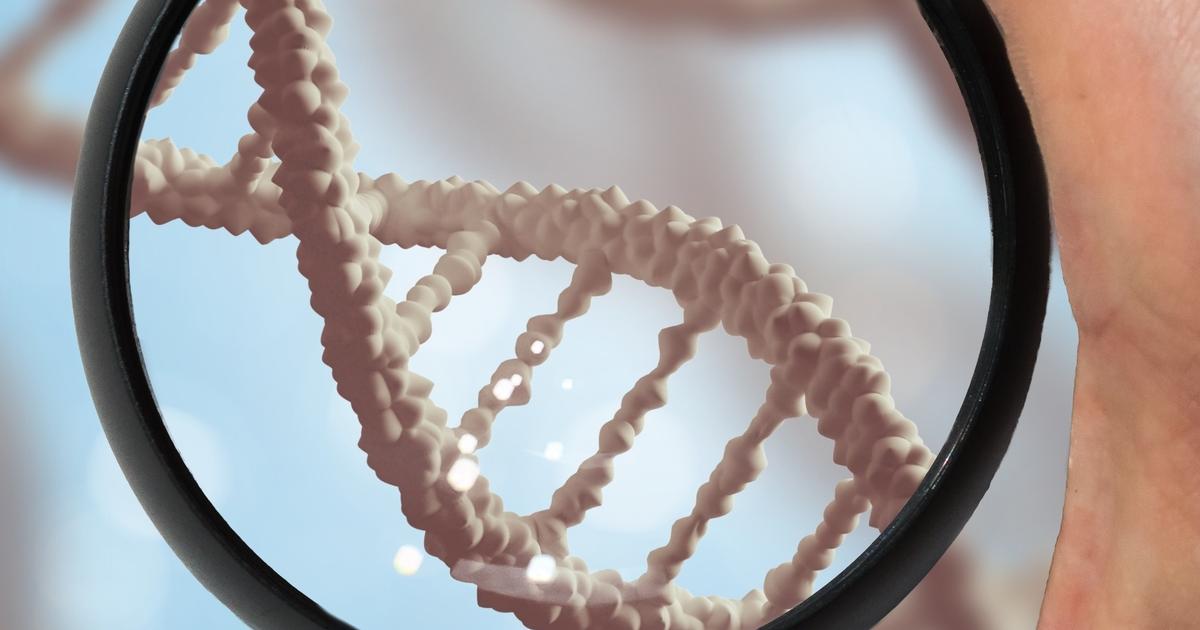Guide To Colon Cancer Causes And Risk Factors
Lynch Syndrome

An individual affected by Lynch syndrome, also called hereditary non-polyposis colorectal cancer, is at an increased risk of developing colon cancer. Lynch syndrome also increases an affected individual's risk for developing other cancers, such as ovarian, stomach, pancreatic, urinary tract, kidney, endometrial, breast, small bowel, prostate, liver, and bile duct cancers. Genetic errors in certain genes, including the MHL1, MSH6, EPCAM, MSH2, and PMS2 genes, are what cause a Lynch syndrome patient to be at a higher risk of developing cancer. The alterations in the genes that cause Lynch syndrome are inherited. Between three and five percent of all diagnosed cases of colon cancer are thought to be attributed to Lynch syndrome. A simple genetic blood test that detects the aforementioned gene mutations can determine if a patient who has been diagnosed with colon cancer is affected by Lynch syndrome.
Reveal additional factors that increase an individual's risk of developing colon cancer now.